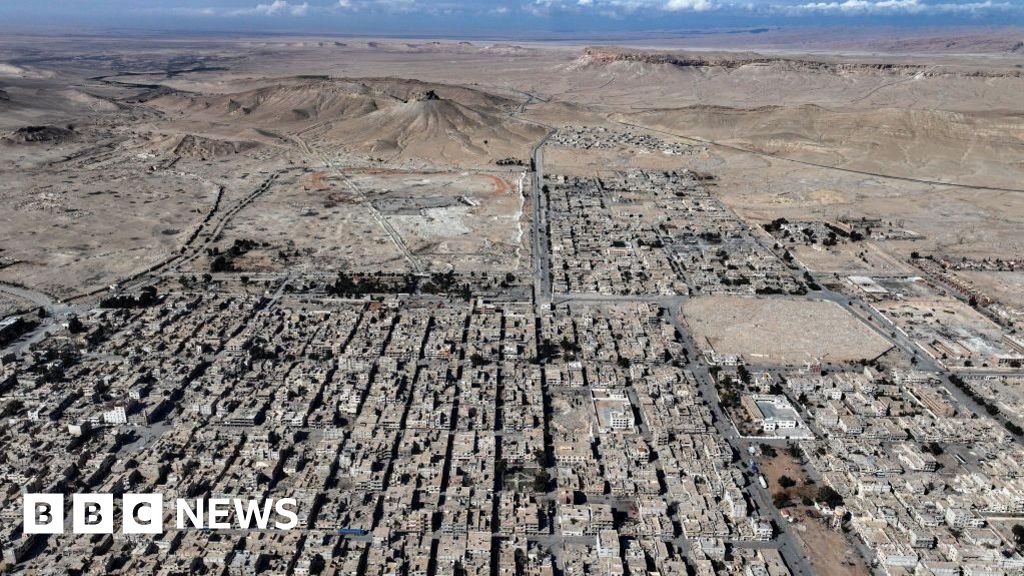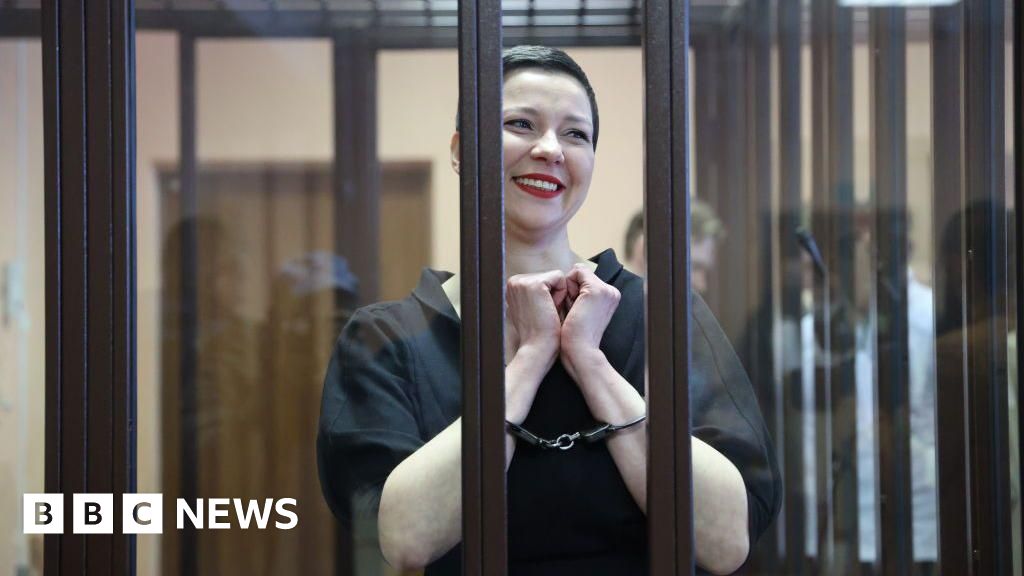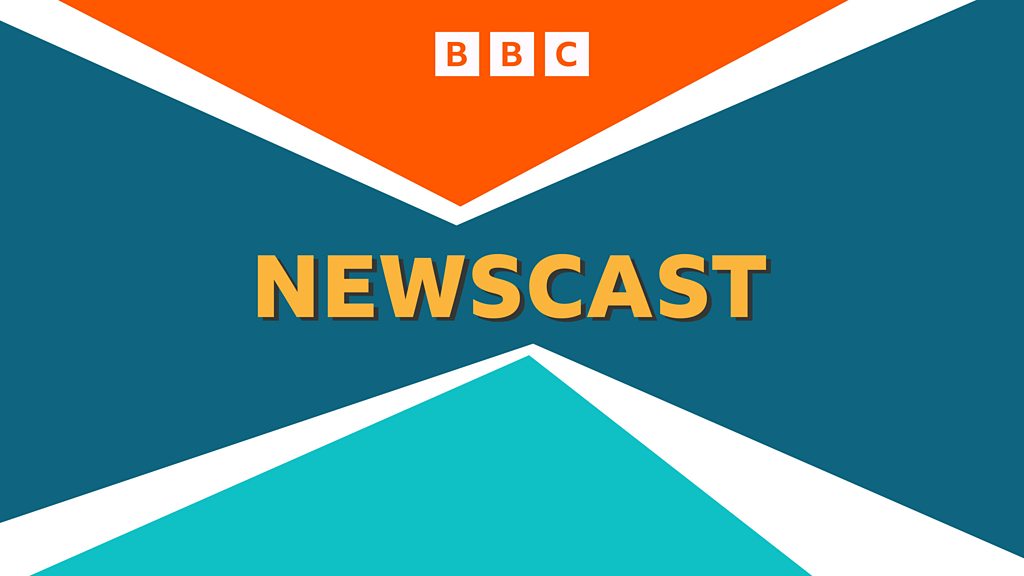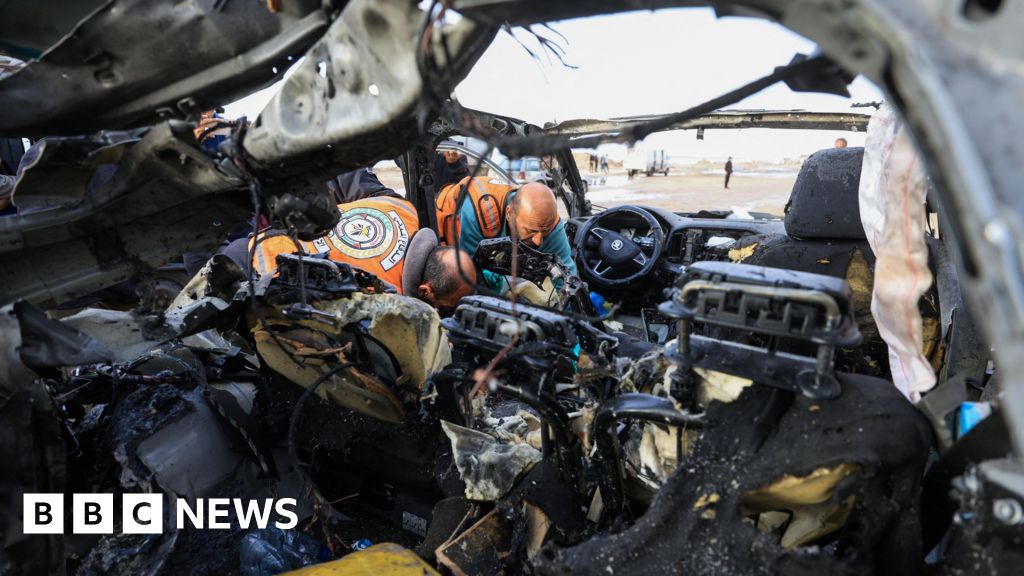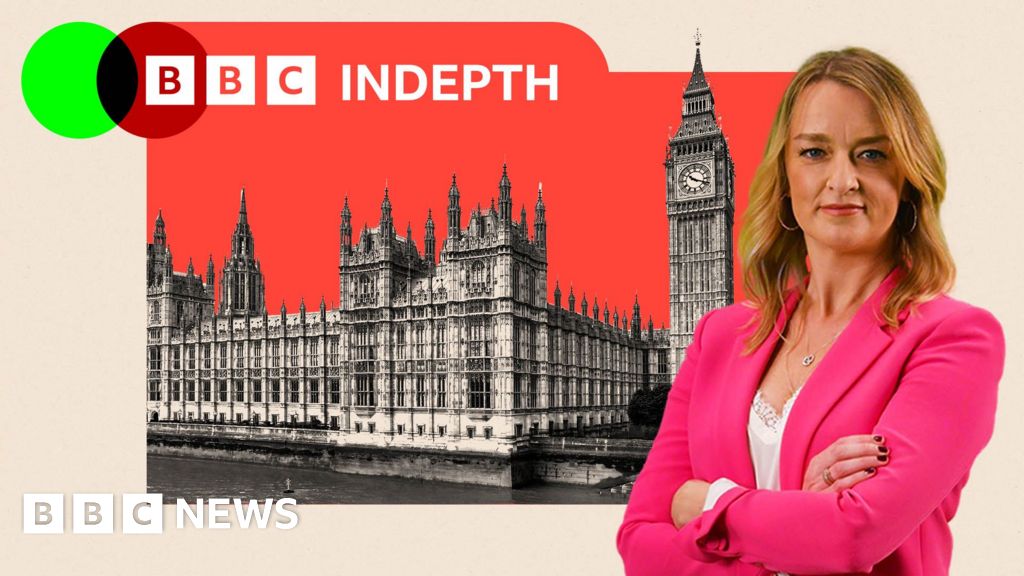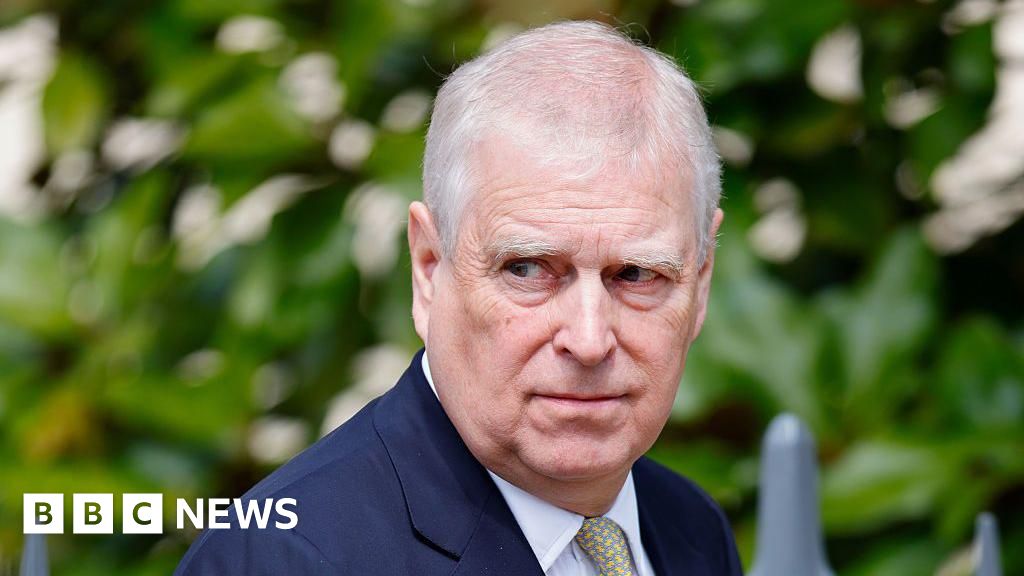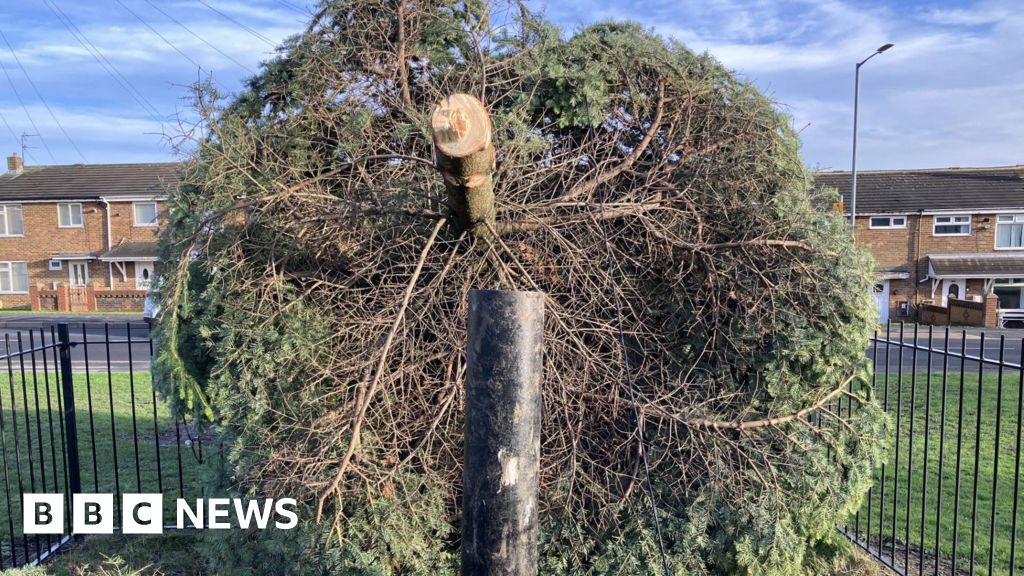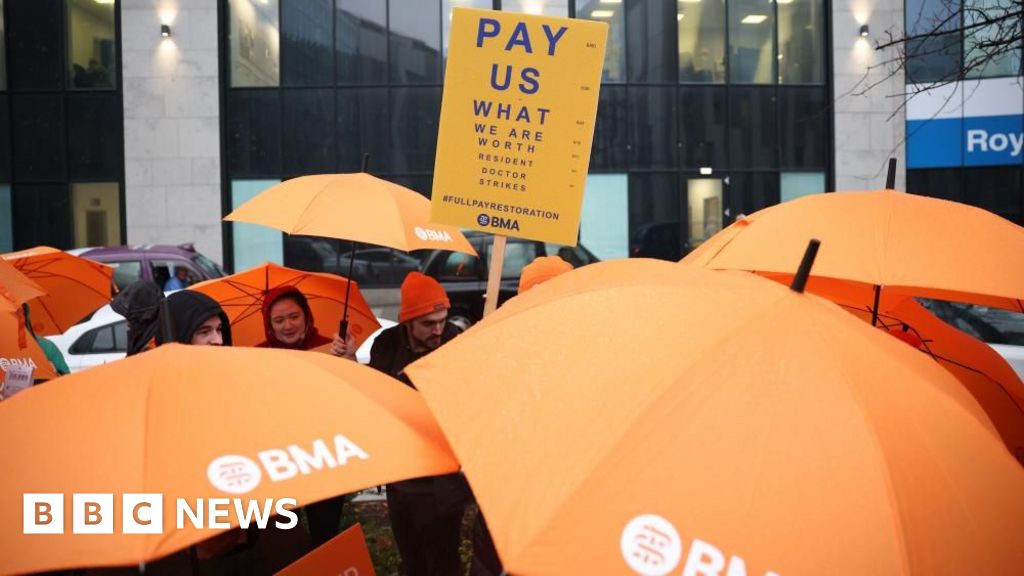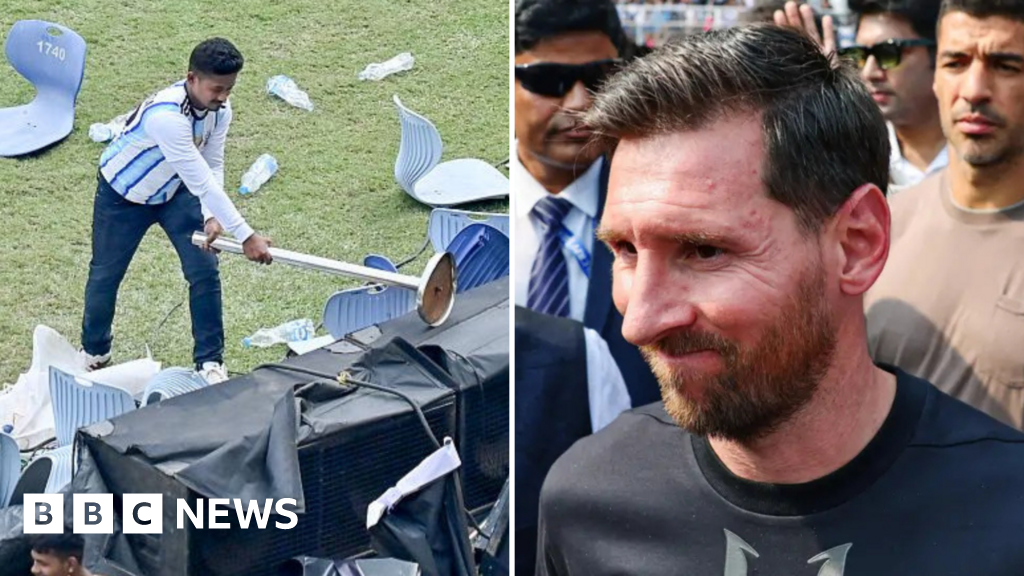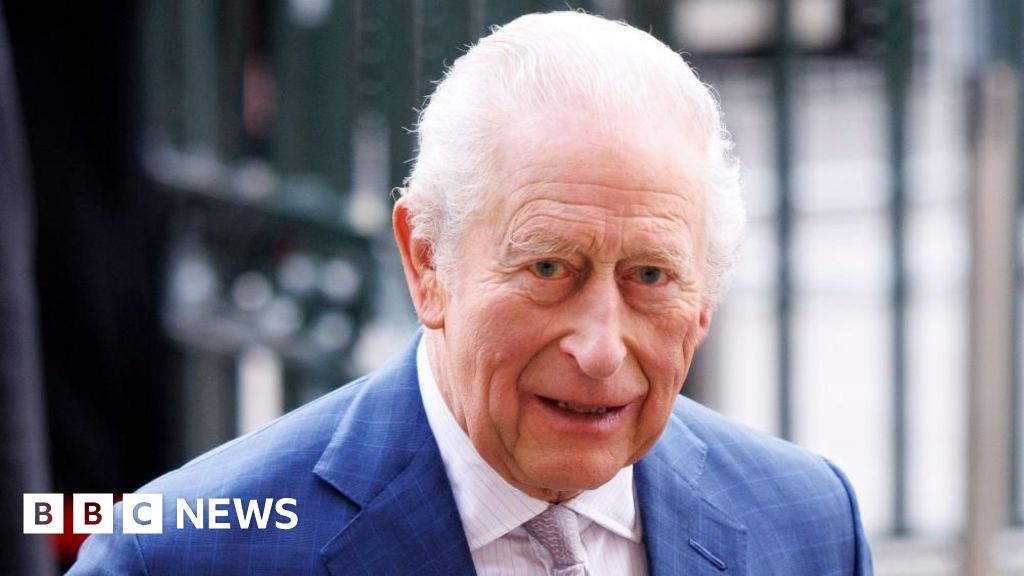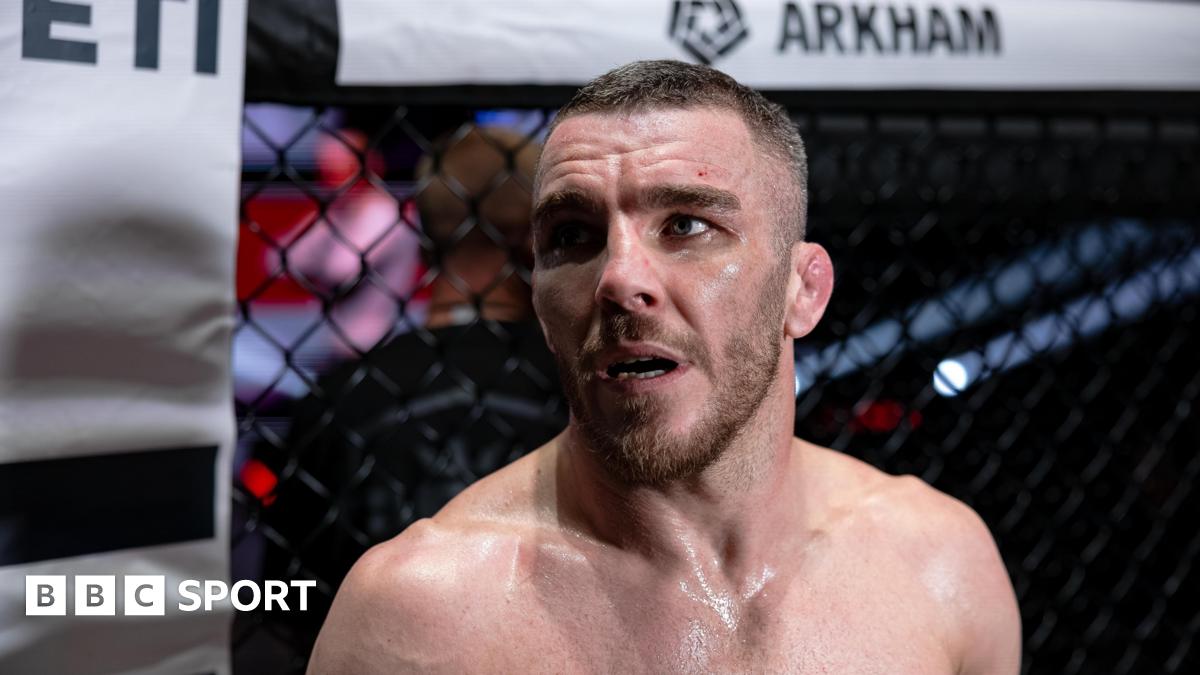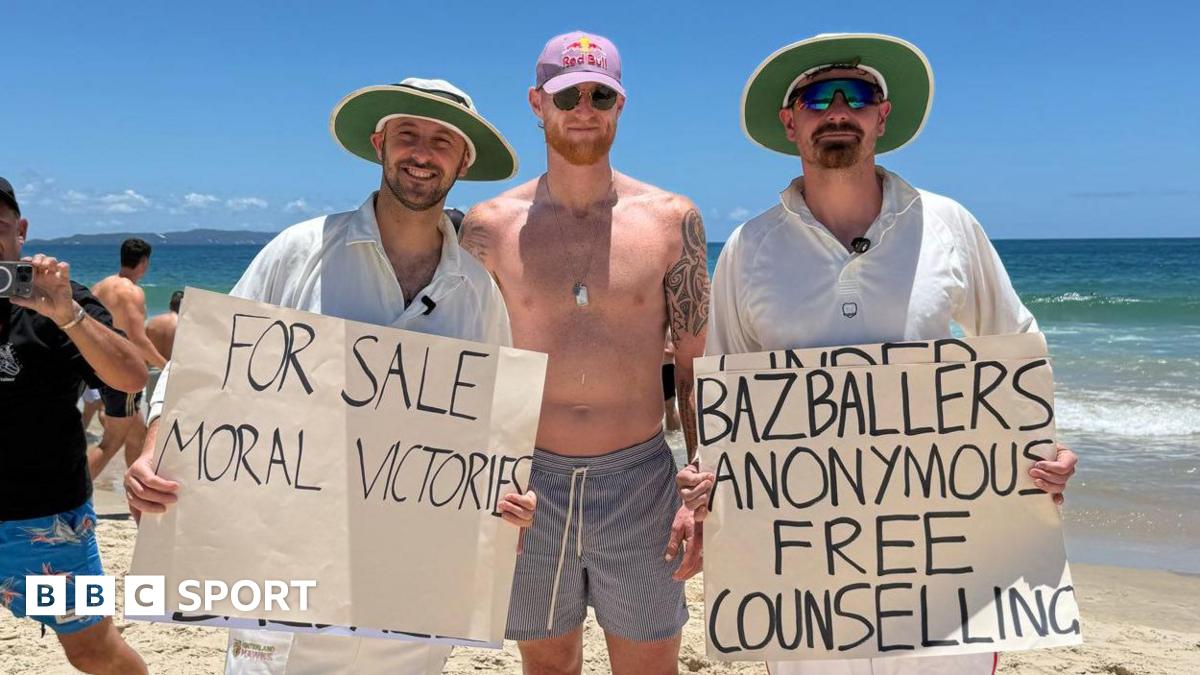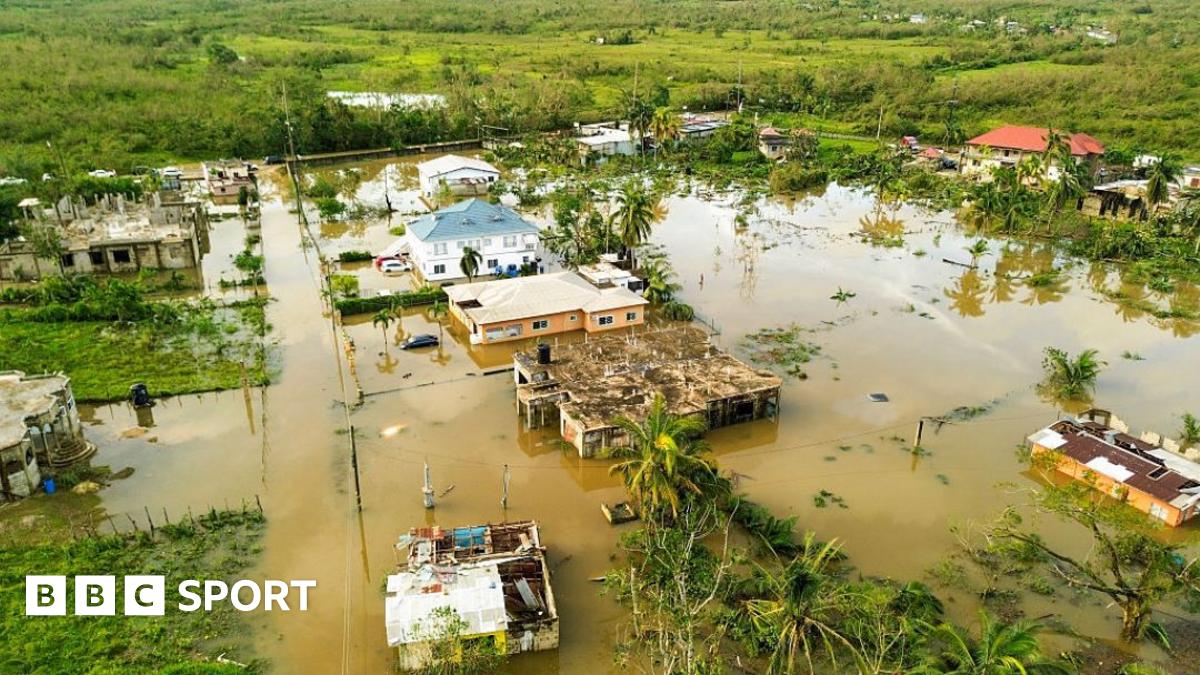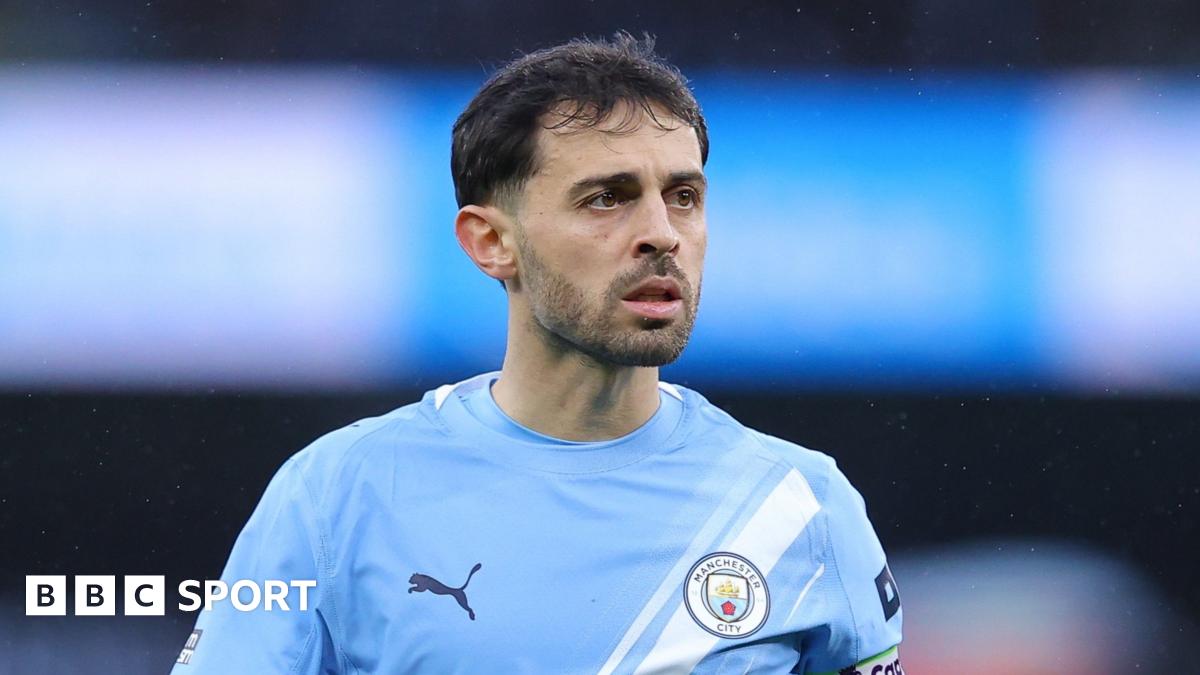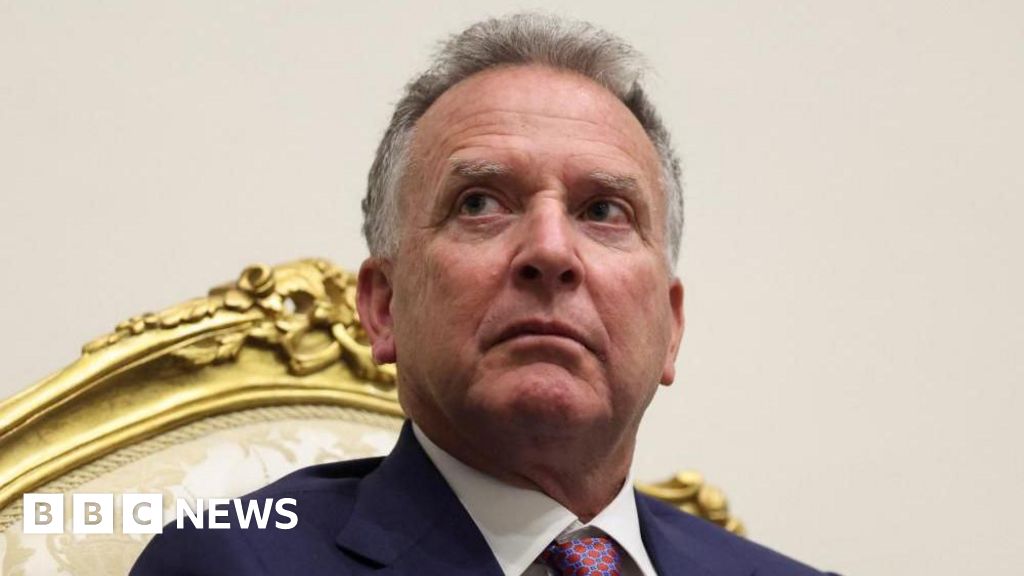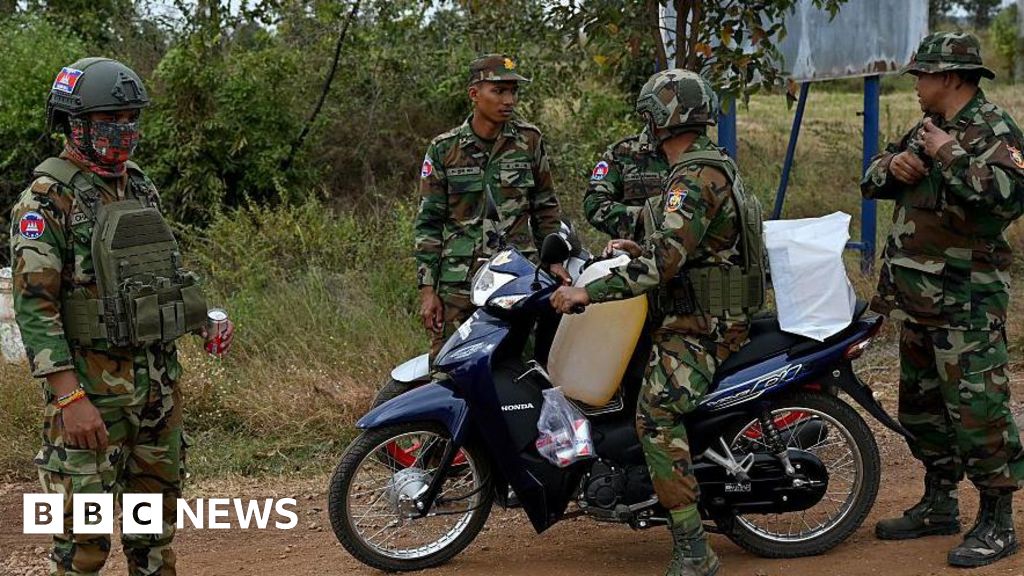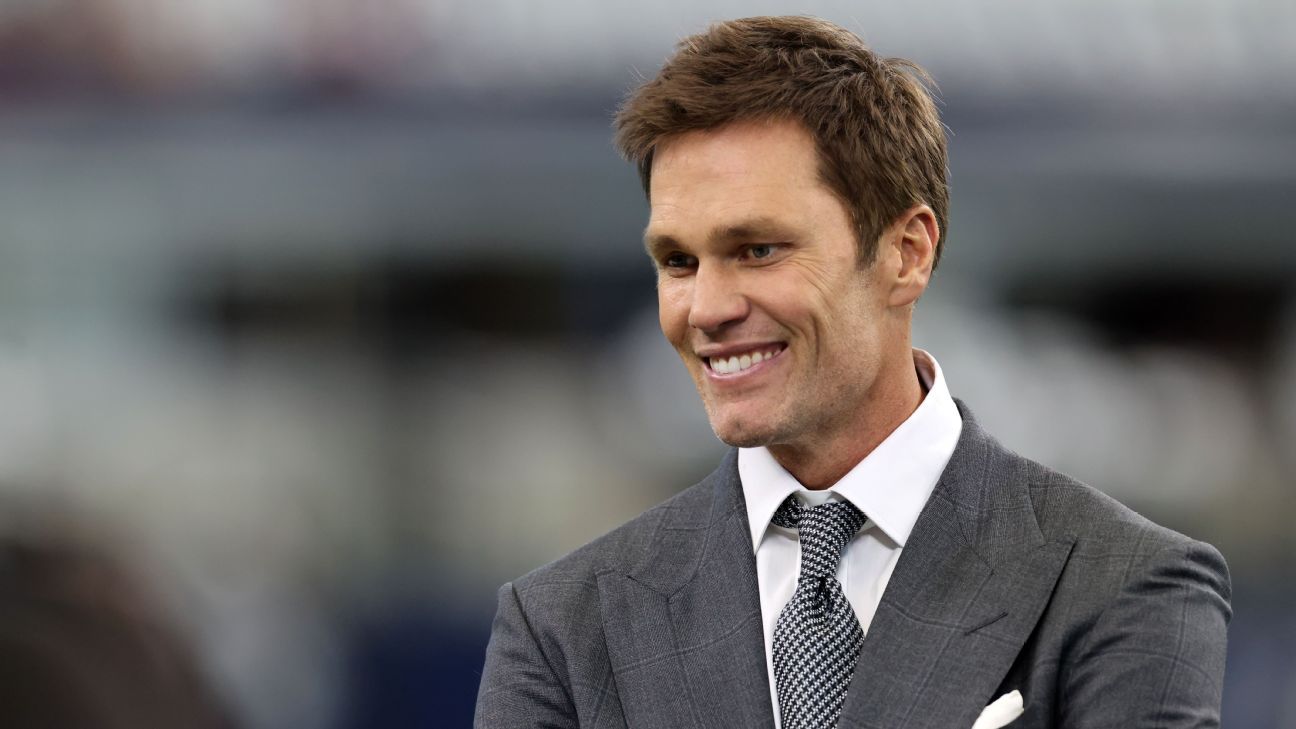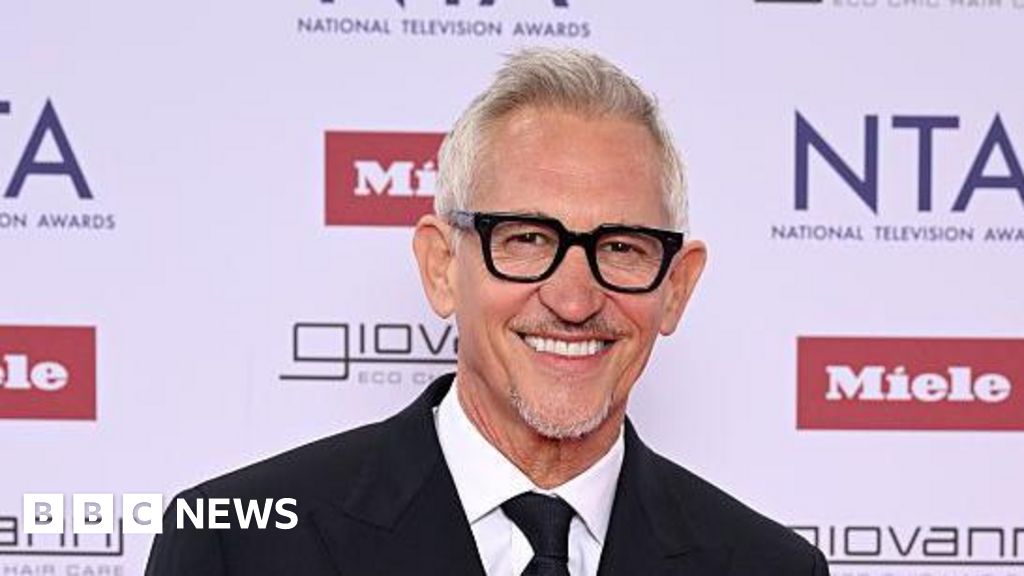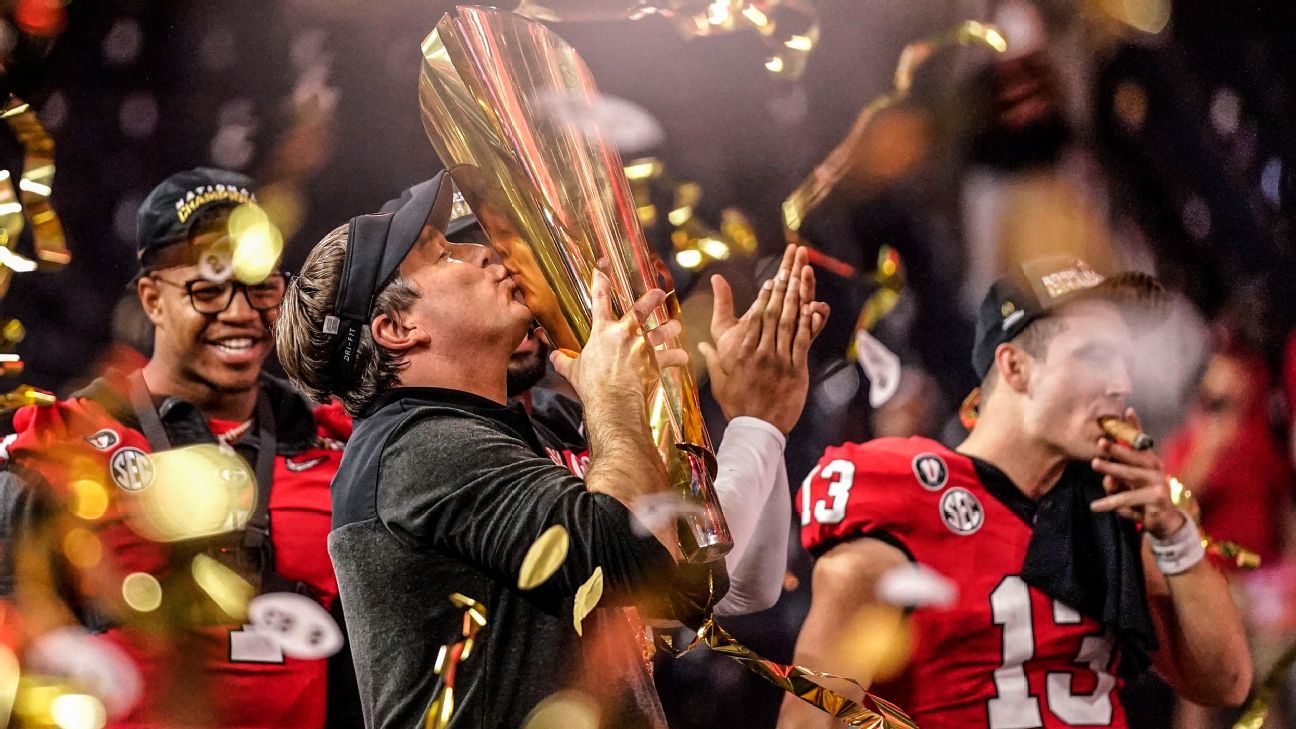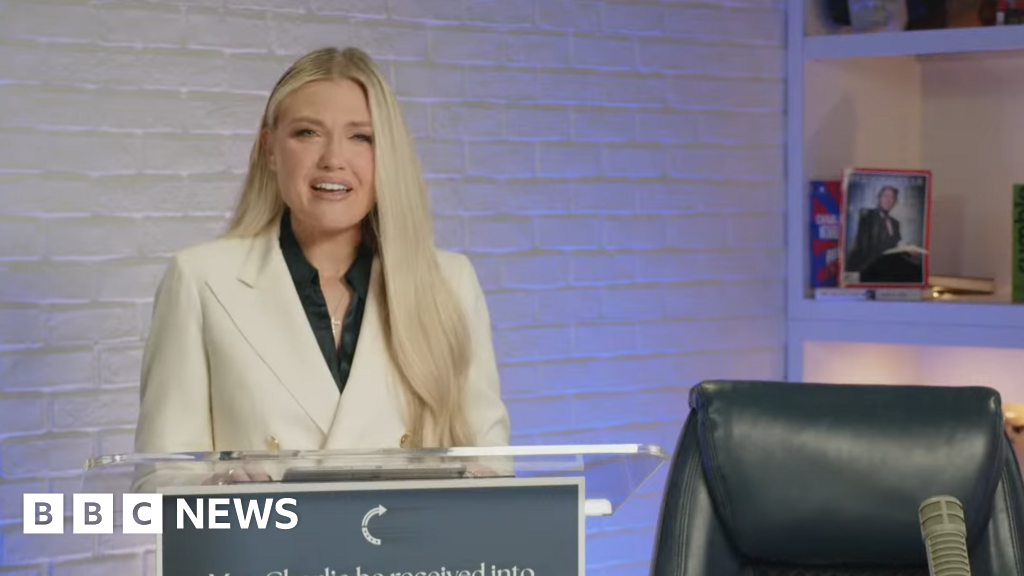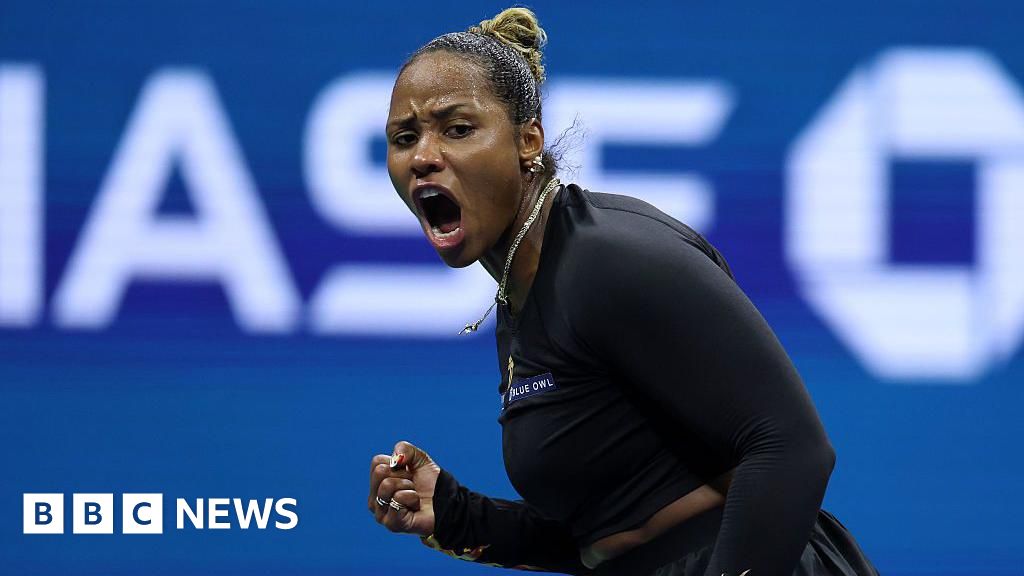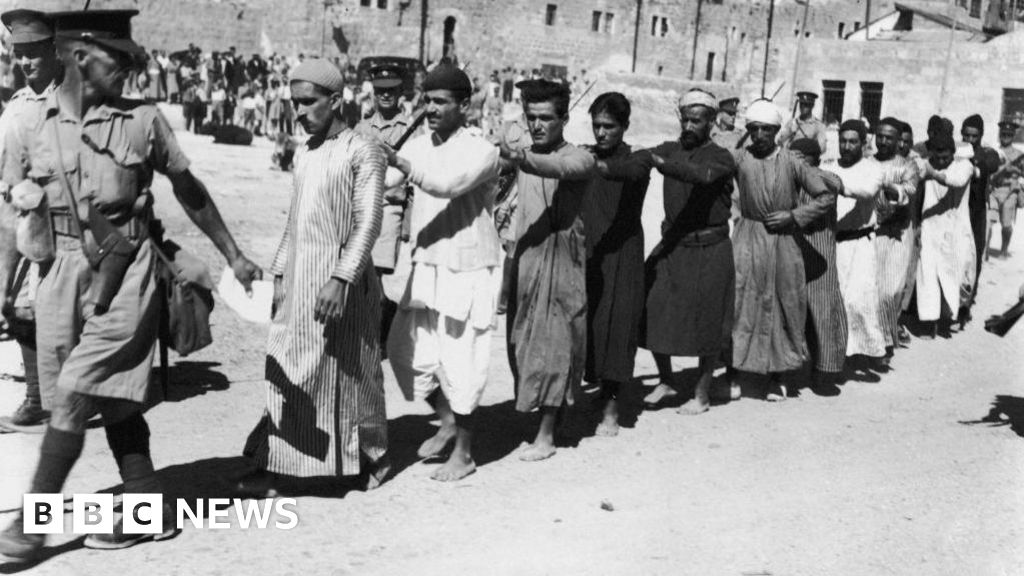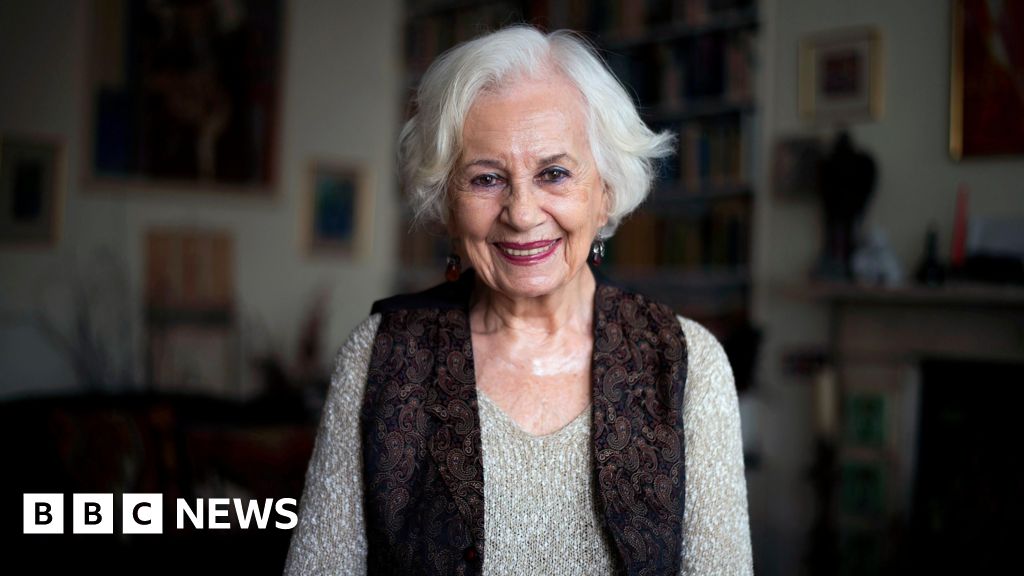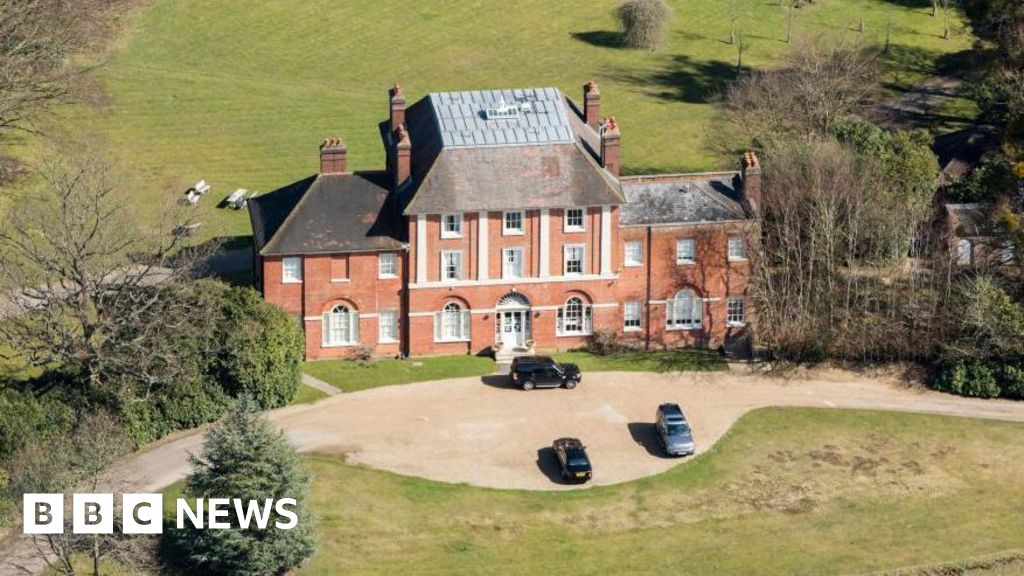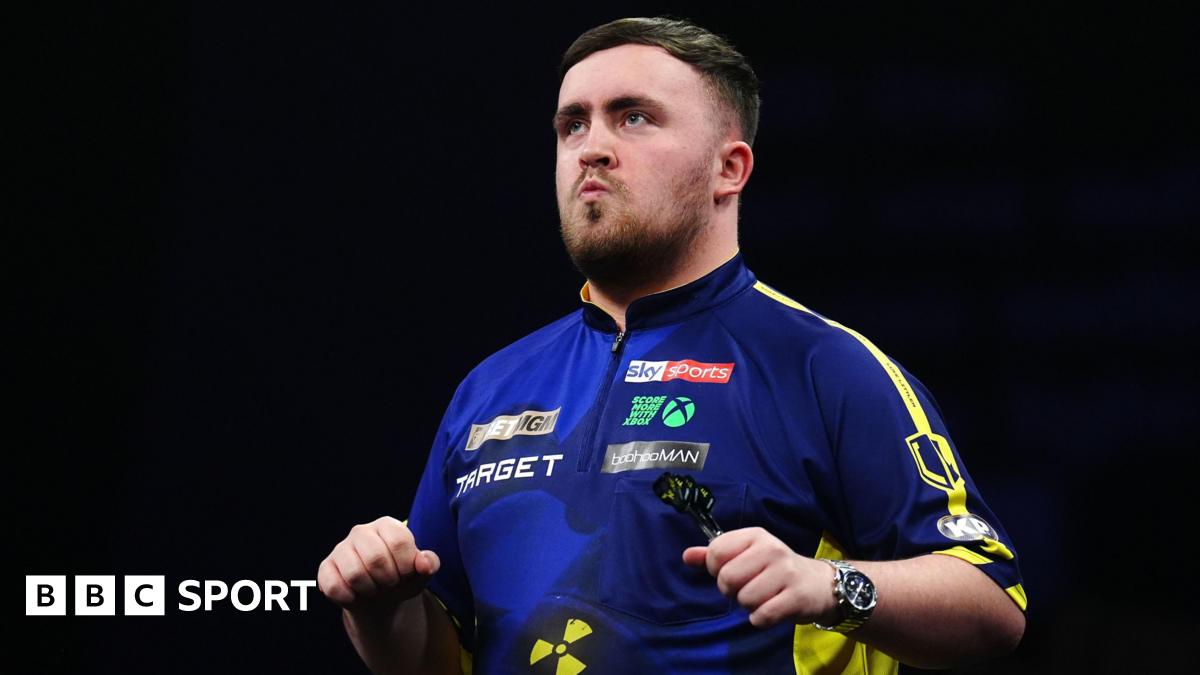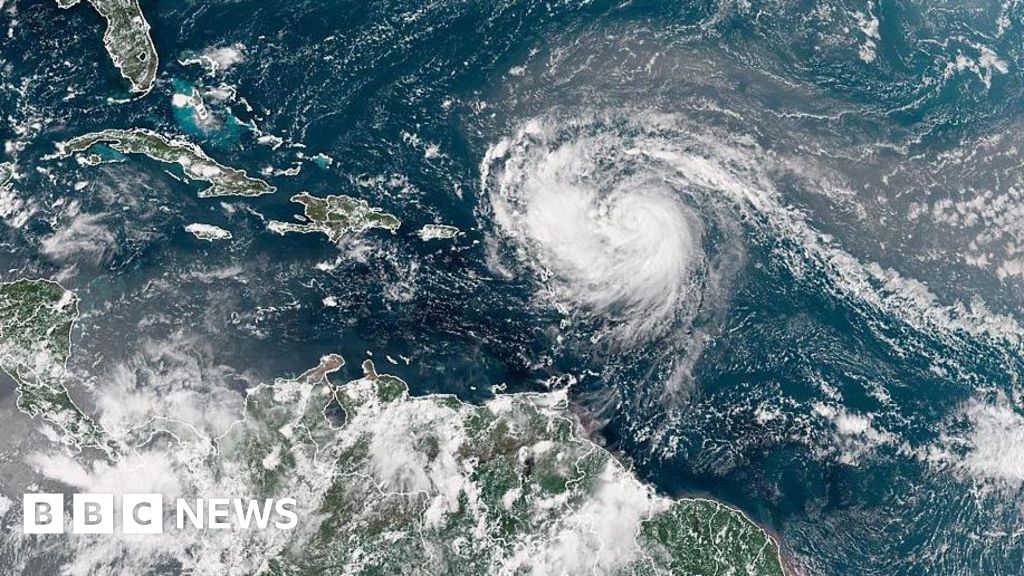Vanessa Buschschlüter & Jessica RawnsleyBBC News
President Donald Trump says the US military has destroyed an alleged Venezuelan drug vessel travelling in international waters on the way to the US.
Trump said on Monday that three men were killed in the attack on "violent drug trafficking cartels". He provided no evidence that the boat was carrying drugs.
Shortly before, his Venezuelan counterpart Nicolás Maduro said Caracas would defend itself against US "aggression", calling America's top diplomat Marco Rubio the "lord of death and war".
Tensions between the two countries escalated after the US deployed warships to the southern Caribbean on what officials said were counter-narcotics operations, carrying out a strike which killed 11 people.
"This morning, on my orders, US military forces conducted a second kinetic strike against positively identified, extraordinarily violent drug trafficking cartels and narcoterrorists," Trump said on Truth Social.
"These extremely violent drug trafficking cartels pose a threat to US national security."
The post also included a nearly 30 second video, which appeared to show a vessel in a body of water exploding and then bursting into flames.
Rubio had earlier on Monday defended the first attack on a boat said to be carrying drugs from Venezuela, which killed all 11 people on board, saying Washington had "100% fidelity and certainty" that the vessel was involved in trafficking to the US.
"What needs to start happening is some of these boats need to get blown up," he said during an interview on Fox News. He added that Maduro represented "a direct threat to the national security" of the US due to his alleged involvement in drug trafficking.
Later on Monday, Maduro said that relations with the US had "been destroyed by their bomb threats".
"We have moved from a period of battered relations to a completely broken one".
The Venezuelan president said the government would "fully" exercise its "legitimate right to defend itself".
Legal experts previously told the BBC that the fatal strike on the first vessel in international waters may have violated international human rights and maritime law.
Asked by a journalist on Sunday whether the US would now "start doing strikes on mainland Venezuela", Trump answered: "We'll see what happens."
Speaking to reporters in New Jersey, the president said Venezuela was "sending us their gang members, their drug dealers and drugs".
He said that maritime traffic in the Southern Caribbean had reduced significantly "since the first strike".
Experts raised questions about the legality of the 2 September attack on the alleged drug boat, saying that it may have violated international law.
Venezuela responded by flying two F-16 fighter jets over a US Navy destroyer two days later.
That led Trump to warn that any Venezuelan jets putting "us in a dangerous situation" would be shot down.
After a brief lull, tensions rose again on Saturday when Venezuelan Foreign Minister Yván Gil accused US forces of boarding a Venezuelan vessel.
Gil said the vessel, which he described as a "small, harmless" fishing boat, was seized "illegally and hostilely" for eight hours.
In a statement, the Venezuelan foreign ministry alleged that those who ordered the seizure were "looking for an incident to justify escalating war in the Caribbean, with the aim of regime change" in Caracas.
The US, and many other nations including the UK, have not recognised the re-election of Maduro in July 2024, pointing to evidence gathered by the opposition with the help of independent observers showing that his rival, Edmundo González, had won the election by a landslide.
US officials have also accused Maduro of leading a drug cartel called the Cartel of the Suns and are offering a reward of $50m (£37m) for information leading to his capture.
Maduro has denied the allegations and has accused the US of an "imperialist move" to depose him.
He has called on Venezuelans to enlist in the militia, a force made up of civilians which in the past has been used mainly to boost numbers at political rallies and parades.
Public sector workers have reported being pressured into joining the militia.

 2 months ago
75
2 months ago
75
